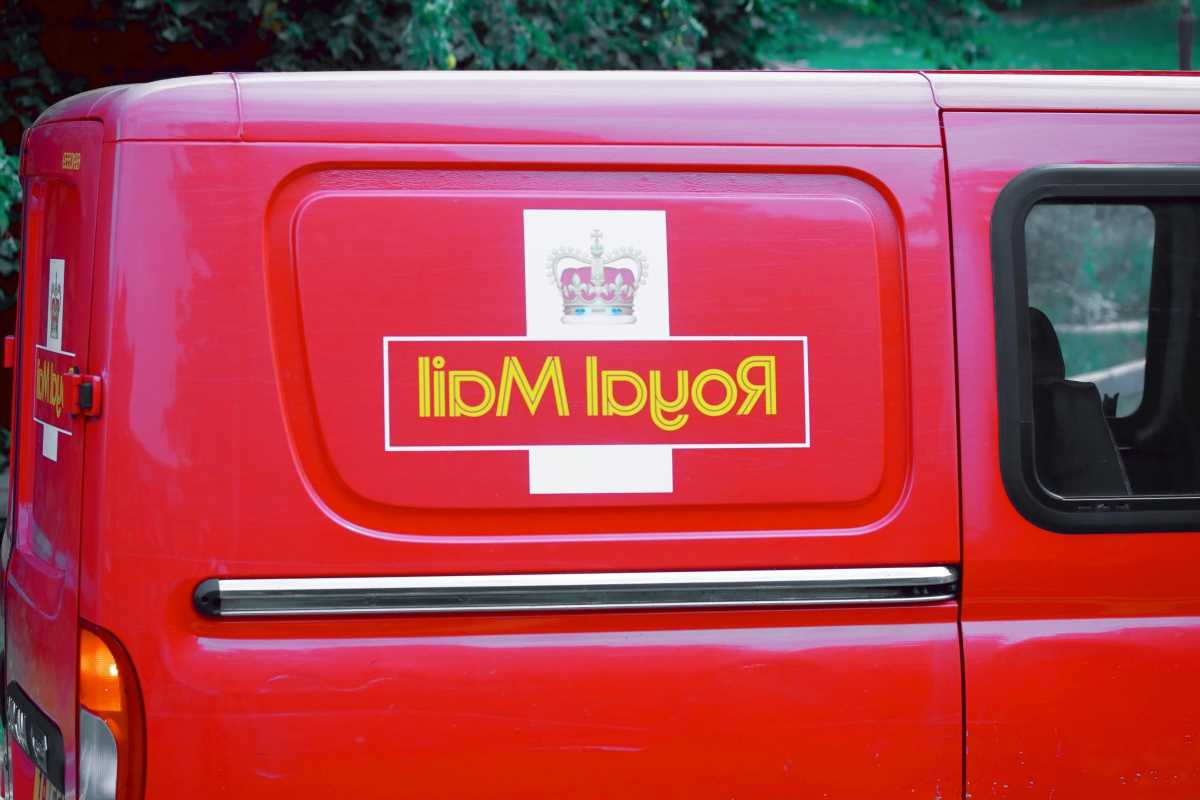Tesla (TSLA) CEO Elon Musk raised the stakes in his court battle with Twitter (TWTR) on Friday, filing a counter lawsuit that accuses the social media company of fraud.
“He’s now really doubling down,” University of Iowa corporate and securities law professor Robert Miller says about Musk’s countersuit. “That’s a very strong claim, if true.”
In his countersuit made public on Friday, Musk’s lawyers detailed arguments first made in a July 8 letter to terminate Musk’s agreement to acquire Twitter in a $44 billion merger. While legal scholars have noted weaknesses in those early arguments, Musk’s new fraud claims, if proven, could push Twitter into a more challenging defense.
In his new claims, Musk says Twitter defrauded him by minimizing the prevalence of fake or spam accounts on its platform in statements to the U.S. Securities and Exchange Commission. Twitter stands by its estimate that fake or spam accounts comprise fewer than 5% of its mDAUs, or monetizable daily active users, and notes that it reported to the SEC that the actual number could be higher.
Weeks after agreeing on April 25 to acquire Twitter’s outstanding stock at $54.20 per share, Musk posted on Twitter hinting of cold feet. Musk’s termination letter followed, accusing Twitter of breaching the deal by withholding the methods it used in its public filings to estimate that less than 5% of its monetizable daily active users are fake accounts.
Twitter claims the bots issue is a pretext for backing out of the deal, and that Musk has torpedoed Twitter stock with a series of disparaging tweets. The social media site is suing to force Musk to go through with the deal.
Is the Botometer giving Musk accurate information?
To be sure, Miller says, Musk faces an uphill battle in his fight against Twitter. However, his fraud allegations could be strong, if proven, because they don’t rely solely on the judge’s interpretation of the heavily seller-friendly merger agreement. Instead, the judge must apply federal securities law that prohibits “materially false” statements — those that reasonable investors would likely view as significantly altering the total mix of information the company made available.
To prevail on a fraud claim, Musk must either show that in regulatory filings between Jan. 1 and April 25, Twitter knowingly made a materially false statement, or that Twitter knew its methodology had major problems yet continued to rely on it.
For his part, Musk alleges that he tested a limited set of user account data shared by Twitter using Indiana University’s publicly available bot detection tool, Botometer. Using the tool, Musk says, his team estimated that false or spam accounts comprise around 33% of accounts in the data set, and at least 10% of Twitter’s monetizable daily active users.
It’s unclear whether the Botometer can disprove Twitter’s statements, Miller said. Musk has alleged in his counterclaim that Twitter is withholding data needed to independently verify its representations. Plus, it’s not clear how much data, if any, the judge will demand that Twitter turn over to Musk. Even given access to Twitter’s proprietary tools, independent verification could show that Twitter’s estimates are within a legally acceptable range.
In its own court filing, Twitter characterizes Musk’s Botometer estimates as output produced by “running the wrong data through a generic web tool.”
Twitter contends that its own estimate is different because it relies on private data. However, Indiana University computer scientist Kaicheng Yang, lead developer of the Botometer tool, says that Twitter may be able to turn over the information Musk is looking for without disclosing its own proprietary information or its users’ personal data. He adds that Musk might also be able to elicit the truth without more disclosures from Twitter.
“I think there is a way to do that,” Yang said about Twitter’s ability to hand over more data to Musk while still protecting its account holders’ private data. “Based on my understanding of what Elon Musk wants, it’s [to know] how Twitter did its analysis.”
Twitter further criticizes Botometer’s tool as one that identified Musk’s own Twitter account as a potential bot, and that targets a different set of accounts from those captured in Twitter’s SEC statements.
“Bot detection is a hard task,” the company said in its court document countering Musk’s claims. “[I]f it were easy to do with software, there wouldn’t be any bots.”
Botometer’s machine learning model and its accuracy have been cited in peer-reviewed publications. However, as Yang explains, its algorithm is designed to detect social bot accounts and not spam accounts, though the two can overlap. In essence, he says, the tool distinguishes automated accounts from accounts run by humans.
In 2017, Botometer estimated that Twitter’s bot accounts ranged between 9% and 15%. Since then, the tool has undergone regular updates to adapt for changes in bot account behavior.
Musk’s fraud claim, if proven, isn’t enough to ensure he’s free from an obligation to buy Twitter. He could still lose if Twitter prevails on own claim that he breached the merger agreement by disparaging the company after entering into the contract. Twitter’s stock was trading at $42.81 at noon on Tuesday, down from the $52.29 high it hit the day the Musk deal was announced.
Alexis Keenan is a legal reporter for Yahoo Finance. Follow Alexis on Twitter @alexiskweed.
Follow Yahoo Finance on Twitter, Facebook, Instagram, Flipboard, SmartNews, LinkedIn, YouTube, and reddit.
Find live stock market quotes and the latest business and finance news
For tutorials and information on investing and trading stocks, check out Cashay
Source: Read Full Article


